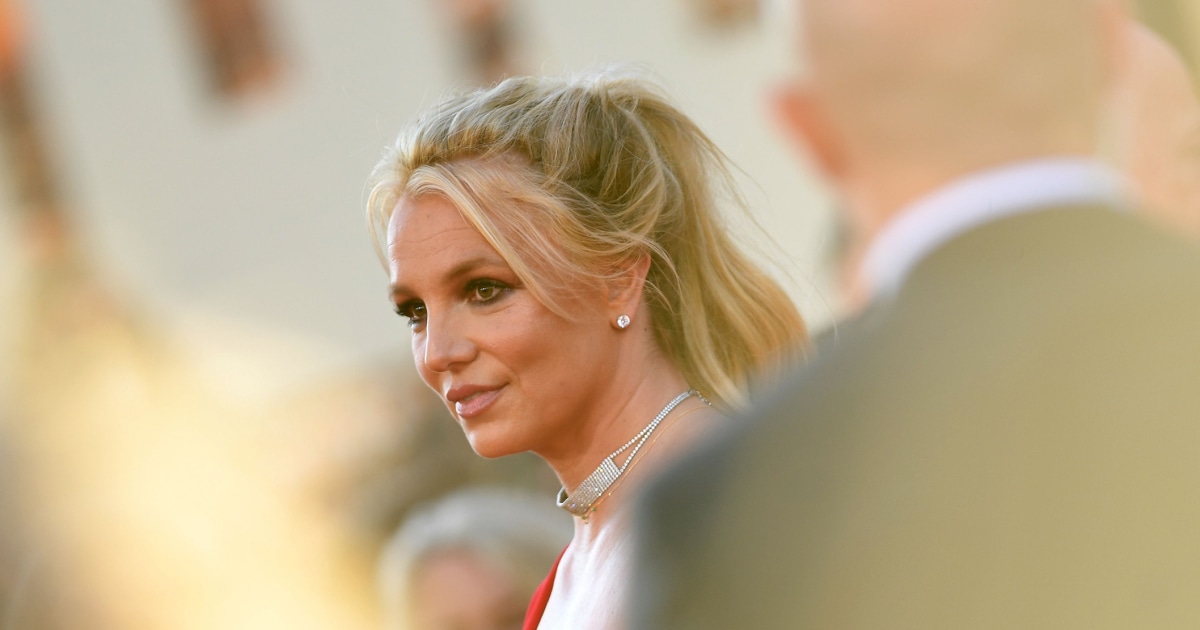
When Britney Spears shaved her head in 2007, the incident sparked widespread speculation over whether the pop star was experiencing a mental health break. The then-25-year-old checked into a rehab facility after the incident.
Over a decade later, Spears revealed that the hair change was her “F— you” to the world. “Everyone thought it was hilarious. Look how crazy she is!” she wrote in “The Woman in Me.” “Even my parents acted embarrassed by me. But nobody seemed to understand that I was simply out of my mind with grief. My children had been taken away from me.”
This is one of many revelations in Spears’ memoir, which hit shelves Tuesday. The book, and the widespread buzz around it, has underscored how celebrity memoirs have become a vehicle for stars — especially women — to reclaim autonomy over their stories. While the genre has always had broad appeal, some experts and fans say its allure now extends beyond a demand for behind-the-scenes gossip.
“Celebrity gossip gets very maligned as useless gossip, but it is a way to discuss human behavior,” said Ashley Hamilton, 32, co-host of the podcast “Celebrity Memoir Book Club.”
With Spears, for example, the prevailing public narrative around her was that she was a person who needed to be contained. Even her fans have taken Spears’ social media behavior as evidence that she is erratic or in need of help.
Spears was released from her conservatorship in 2021. Just last month, police did a wellness check at Spears’ home after people made 911 calls citing an Instagram video she had up showing her dancing with fake knives. Spears clarified in a later post that the knives were fake and she was just trying to “imitate” fellow artist, Shakira.
“It’s terrible that people talk about her that way,” said Cat Hoggard Wagley, 30, a fan of Spears who posted her thoughts about the memoir on TikTok. “There are still people, not just celebrities, who are dealing with what she has dealt with in the mental health care industry.”
The late ’90s and early 2000s, a time in which Spears made headlines almost daily, was a particularly unforgiving era for female stars, Wagley said, because gossip magazines appeared intent on humiliating these celebrities.
Reading Spears’ own words helped give Wagley an added perspective on how the era also shaped people who grew up consuming these headlines.
“Women my age went through the culture that [Spears] did and at a different level we experienced the misogyny that she experienced,” Wagley, who is a therapist based in Indiana, said.
“When someone goes out there and gets vulnerable, it gives people permission to get vulnerable with themselves,” she added.
Spears’ book comes on the heels of the release of recent female celebrity memoirs by Jada Pinkett-Smith and Julia Fox. All three use their books to share how they felt controlled or misunderstood in their interpersonal and professional lives.
Fox’s “Down the Drain” touches on her memories of a tumultuous childhood, her strained relationship with her parents and past experiences with drug abuse.
“Celebrity memoirs seem to prove over and over again that just because you see one side of a person doesn’t mean you know someone,” said Hali Brown, 27, who posted about Fox’s book on TikTok.
Brown said she only ever heard Fox’s name in reference to her past dating history with Ye, the rapper formerly known as Kanye West.
“A lot of people don’t remember that celebrities are people,” Brown said. “And I think celebrity memoirs are a really good tool for actually just humanizing the people that you see on screens all the time.”
Claire Parker, co-host of the “Celebrity Memoir Book Club” podcast, said these days, the cultural gravity of the celebrity memoir is less about the “tea” hashed out, and more about how stars’ experiences mirror that of their fans.
Beyond grappling with adverse mental health, anguish, or loss, Parker said there is a frequent motif of personal joy and self-discovery across the memoirs penned by female celebrities.
“We’re 30 and we’re like, ‘Oh my god, if you don’t have it together by tomorrow. You’ve missed the boat,” she said. But, she said the women behind these stories are seemingly on the other side saying, “Your life doesn’t end at 32.’”
Kristen McLean, a book industry analyst at Circana, a firm that tracks consumer behaviors and trends across industries, said the popularity of the genre stems from these books usually being both timely and relatable.
“… and in the case of the highest-profile authors, [it’s] a chance to tell their own story and control their own narrative in a 24/7 celebrity news cycle where they are often at the mercy of outside observers,” McLean said in an email to NBC News.
At the end of the day, readers like Brown said they are drawn to the fact that “celebrities are people.” And that’s the biggest draw of all.
